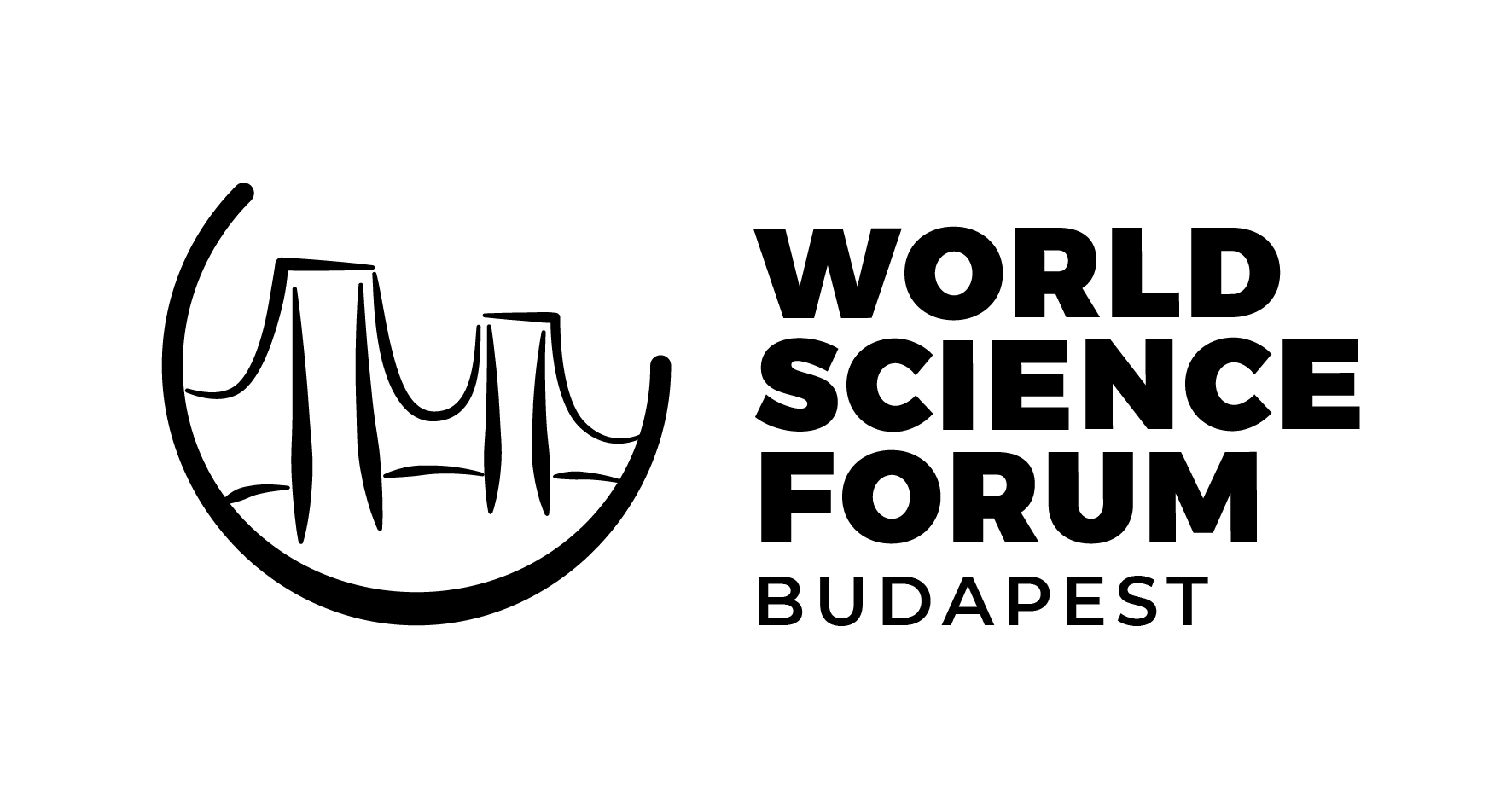Programme / Plenary session III – SUMMIT OF THE FUTURE – Taking Forward the Results of the Summit of the Future
‹ back to Programme listerDay
Friday / 22 NOV
9:00 - 10:30
The implementation of the UN 2030 Agenda and the progress towards Sustainable Development Goals, adopted in 2015 by UN member states, is behind schedule as it was clearly shown in the halfway to 2030 Global Sustainable Development Report of 2023. While the reasons for going off-track are manifold and the consequences are alarming, there is a clear consensus that the solutions to accelerate the progress towards SDGs are deeply rooted in science. In an era of unprecedented interconnectedness among global and local systems of the environment, the society and the economy, both the strengthening of the science-policy interface and the analytical, predictive and transformative powers of science are needed to get us back on track towards a sustainable future and international peace and security.
As decided by the UN General Assembly, the UN Summit of the Future will take place in September 2024, and its main outcome will be an action-oriented Pact for the Future, comprising a chapeau and five chapters on sustainable development and financing for development; international peace and security; science, technology and innovation and digital cooperation; youth and future generations; and transforming global governance.
The discussions will address the responsibilities of both science and policy and present new initiatives which aim to accelerate progress and can support the transition to a new course of development.
Summary of the session by session rapporteur Dr Dávid Havasi, Assistant Professor, BME Department of Chemical and Environmental Process Engineering:
Moderated by Ehsan Masood, the session was opened by H. E. János Áder, former President of Hungary, who discussed the shortcomings of current measurements of economic performance, such as their failure to take externalities like environmental pollution into account. In the former president’s view, if these externalities are priced at zero, they will eventually incur social costs. Hon. Emmanuel "Blade" Bonginkosi Nzimande warned in his speech that failure to achieve at least the core sustainable development goals will have huge social and economic impacts. If Africa is considered as a young continent, it should then be viewed as a continent of the future. Jerry Sheehan, representing OECD, summarized the organisation’s goals and efforts in the field of science, technology and innovation. He presented in more detail the OECD Agenda for Transformative STI (Science, Technology and Innovation) Policies, noting new OECD members’ and non-member states’ growing interest in engaging in the processes. András Szöllősi-Nagy, a Hungarian expert in water conflict management, focused in his speech on water as a crucial factor for the success of the SDGs. As he put it: “No water, no SDGs”, given the numerous social and economic issues that can be related to water reserves and climate change. He called for boosting resilience against the changes and the potential difficulties related to water: in this effort science can give some hope for a solution. Gustavo Merino summarized the key takeaways of the Pact for the Future and the Summit of the Future, while providing some insights on their work in UNESCO. So far only a small portion of the SDGs have made actual advances and this has to change. Other key issues the speech touched upon included the demographic significance of youth and the protection of scientists. Peter Gluckman talked about the need for scientists to have their voice heard: “You don’t have a voice if no one hears you”. As he noted, the principal mission of ISC is to be a global voice for the scientists and to facilitate a continual adaptation to the changing nature of science. The speeches of the panellists were followed by a roundtable discussion in which a critical remark was made about many of the activities such as meetings resulting in commitments and pacts, with little room left for actual actions. The speakers shared the view that science should be in the centre of policies for the policy-to-action transfer to be more effective. In the concluding remarks coming from the audience issues such as the participation of the private sector, scientific responsibility for the future generations and the dissemination of knowledge were touched upon.
Opening:
Moderator:
Speakers:
- Hon Emmanuel "Blade", Bonginkosi Nzimande, Department of Science and Innovation, Minister of Science and Innovation
- Jerry Sheehan, Director of Science, Technology and Innovation, OECD
- András Szöllősi-Nagy, UNESCO Chair on Water Conflict Management, Ludovika University of Public Service
- Gustavo Merino, Director for Social Policies, UNESCO, Social and Human Sciences Sector, Division for Social Policies
- Peter Gluckman, President, International Science Council (ISC)
Rapporteur:
Video:
Photo:
https://www.flickr.com/photos/mtasajto/albums/72177720322120144/
PPT Links:
Jerry Sheehan: https://shorter.me/npykO
András Szöllősi-Nagy: https://shorter.me/lYZv3
